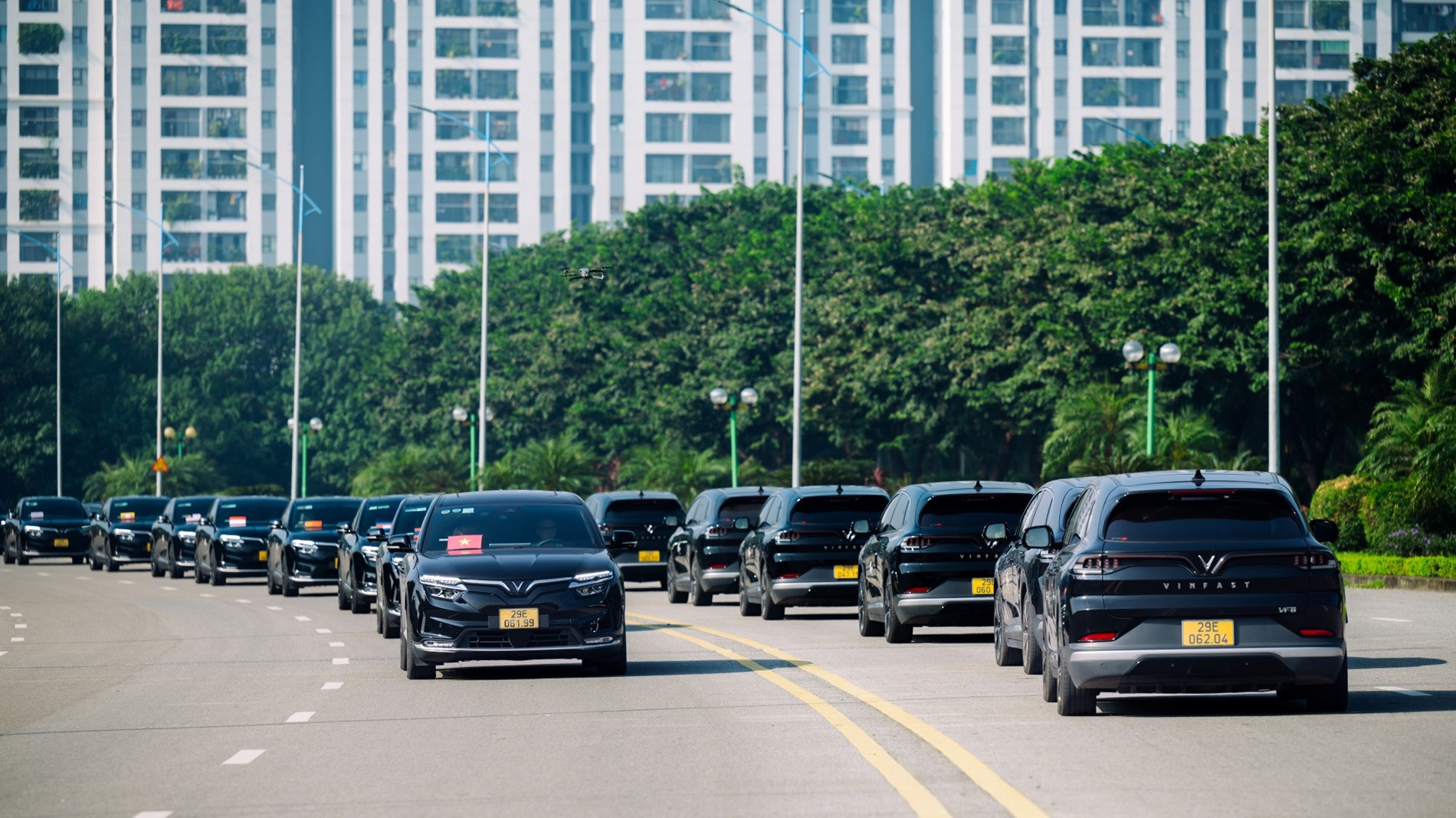
The Vietnam Energy Outlook Report - Pathways to Net Zero (EOR-NZ), newly released by the Ministry of Investment and Trade's Electricity and Renewable Energy Authority, the Danish Energy Agency (DEA) and the Danish Embassy in Vietnam says that Vietnam can obtain net zero neutrality by 2050.
To obtain net zero as committed at COP 26, Vietnam needs to continue to consider measures to mitigate emissions right now, especially in the electricity sector.
Plan 8, the eighth national power development plan for 2021-2030, with a vision toward 2050, has set an ambitious long-term goal of significantly expanding renewables after 2030.
However, the report says to achieve its net-zero commitment by 2050 in terms of cost, Vietnam needs to attract more investment in renewables before 2030, which means that additional demand for electricity would be met mostly by renewables resources, starting in 2025.
The report says Vietnam should consider adjusting its growth model and economic development structure, striving for higher growth from the service sector and industries using less energy; and set goals for economic growth for sub-sectors in manufacturing, with priority given to high-quality product manufacturing, such as automobiles, electronics, photovoltaic cells, chips and semiconductor.
What is the future for green transport?
In the report, researchers mentioned scenarios for green transport development.
Large cities in Vietnam are facing high air pollution which has negative impact on the health of the community. The development of transport and other business fields are making big contributions to the situation. Required higher efficiency standards, fine dust filters and electrochemistry, together with other solutions, can help reduce the impact.
The green transport development strategy under Decision 876 dated in 2022 has set important criteria to develop transport towards carbon neutrality by 2050, including an increase in proportion of electric- and green-energy used transport, commencing in 2025; and a switch to public transport in major cities.
Under a presumed GDP growth scenario, passenger transport demand in Vietnam would increase by four times by 2050, and cargo transport demand by 10 times compared with 2019.
The scenarios designed by researchers are all tailored to satisfy short-term goals of the transport sector under the Prime Minister’s Decision No 876 set for 2025 and 2030. This requires all new buses and taxis to use non-fossil fuel by 2025 and 2030 for the two models, respectively.
There will be major changes in the future in the number of private cars and motorbikes.
The report shows that there are 2.4 million cars now in circulation and most of them run on gasoline. But there will be mostly electric vehicles in circulation by 2050. Under the baseline scenario, the number of cars will be 10.5 million, while under the net zero scenario, the figure is 9.6 million.
The number of cars is set lower in the net zero scenario because of the assumed shift from private cars to public means of transport (urban railways) in large cities.
Motorbikes, which are currently the major private means of transport, will continue to play an important role in Vietnam’s transport in the future. While all the 48.3 million motorbikes ran on gasoline in 2022, about 94-97 percent will run on electricity by 2050 (89-98 million motorbikes) according to different scenarios.
The recommendation for Vietnam is that the country needs to quickly electrify light transport vehicles and renewables-used vehicles in heavy transport segments so as to mitigate the impact on climate and the environment in terms of cost.
The report says Vietnam should focus on electric light transport because the solution can bring high efficiency in terms of cost. Shifting to use electric vehicles (electric cars, motorbikes, vans and buses) can mitigate the impact of the climate and offer opportunities to reduce medical and environmental costs related to air pollution, especially in cities.
Vietnam’s aviation sector has begun using solutions to implement its net-zero commitment. On May 27, Vietnam Airlines’ flight No VN660 from Singapore to Hanoi used SAF (sustainable aviation fuel). This is the first air carrier in Vietnam to use the environmentally friendly fuel.
Luong Bang